Collecting Glass Waste: Protecting Natural Resources
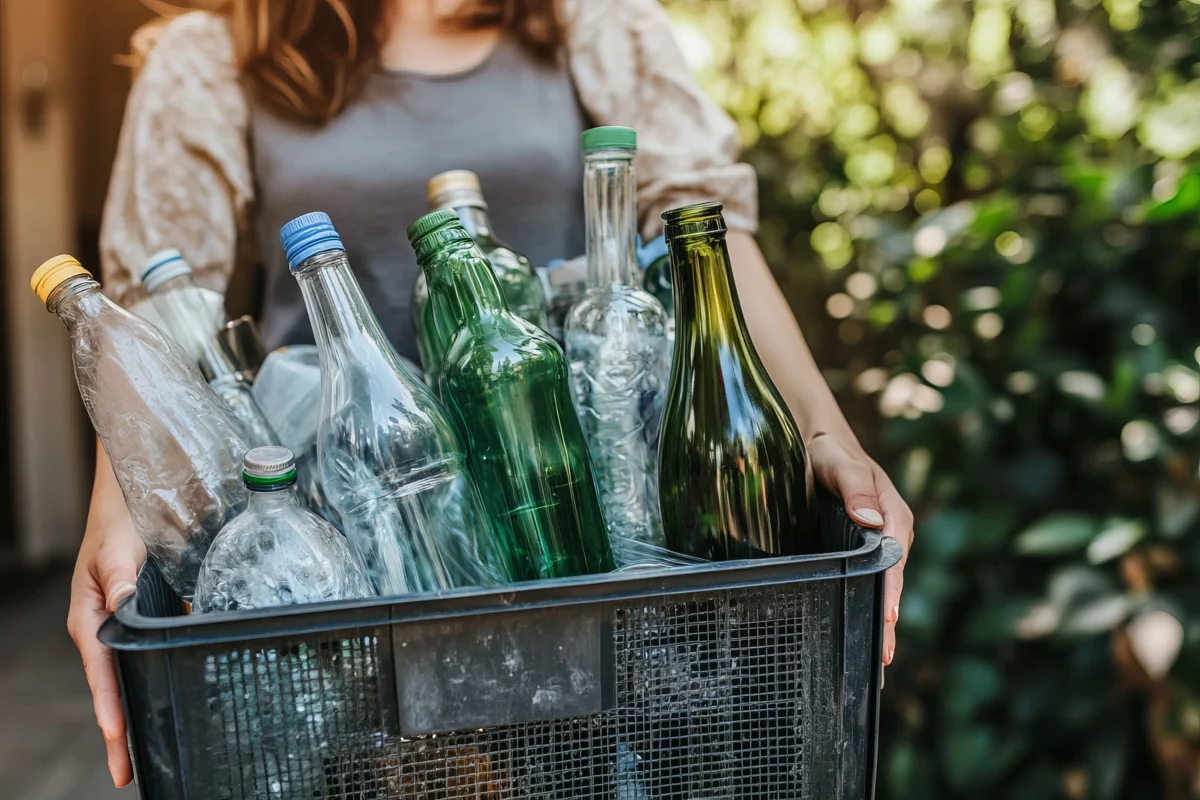
Glass waste, such as jars, beverage bottles and other containers, is a completely recyclable type of material. When not properly collected, they can persist in the environment for hundreds of years, contributing to long-term pollution and endangering wildlife.
Benefits of collecting glass waste
- Reducing pollution: Recycling glass reduces the amount of waste that ends up in landfills or in nature.
- Conserving resources: Recycled glass can be reused without loss of quality, reducing the need for sand, a material used in glass production.
- Saving energy: Making recycled glass requires less energy than manufacturing from raw materials.
Steps in Collecting and Recycling Glass Waste
Collecting: Bottles and jars are collected by selective collection systems or recycling centers.
Sorting: Separate glass by color (clear, green, brown) to ensure the quality of recycled products.
Cleaning: The bottle is washed to remove impurities and food debris.
Shrinking: Glass is broken into small pieces, called shards, to facilitate the melting process.
Melting and remanufacturing: The shards are melted down and made into new containers, glass or other glass products.
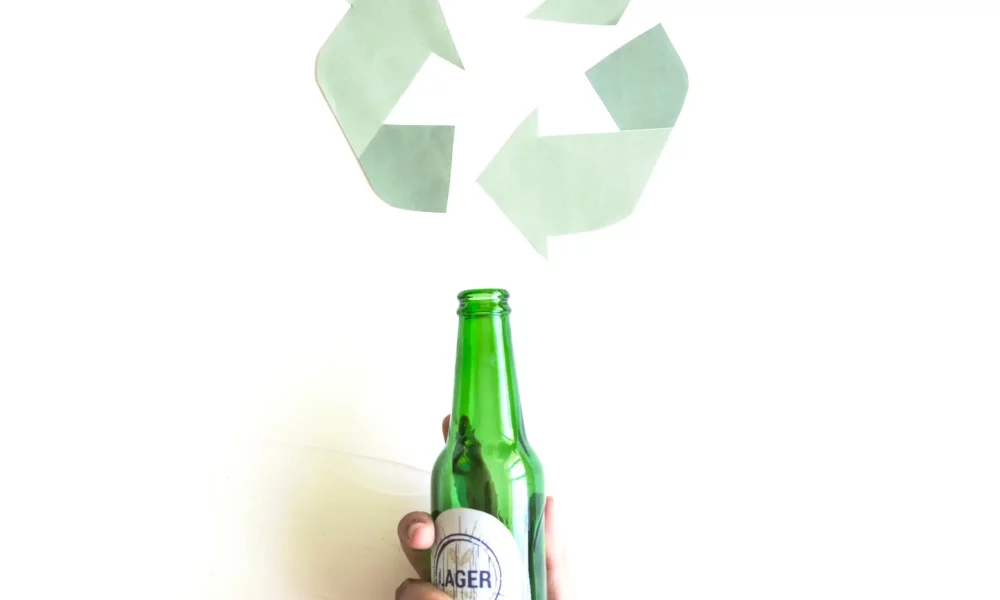
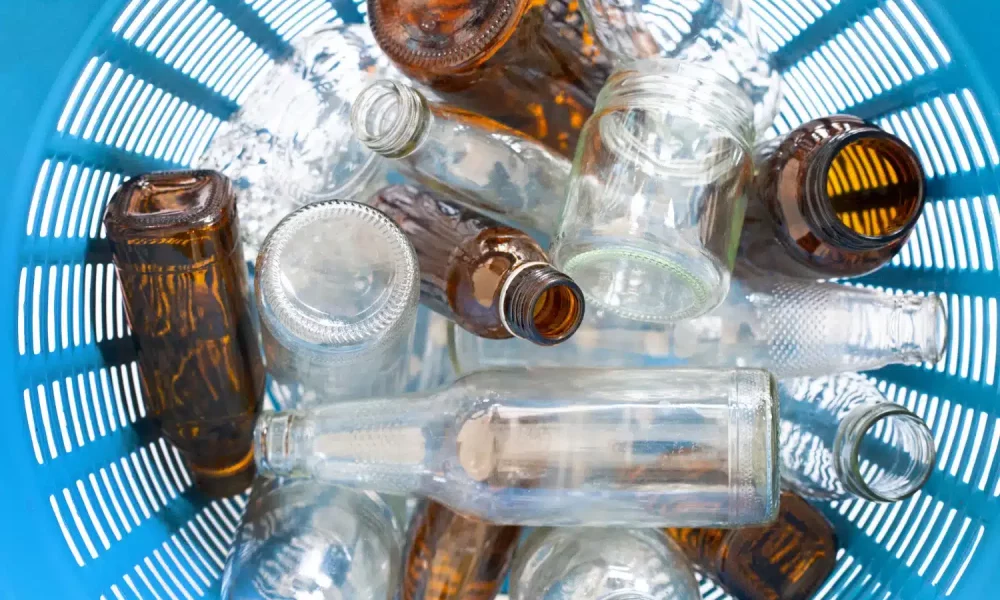
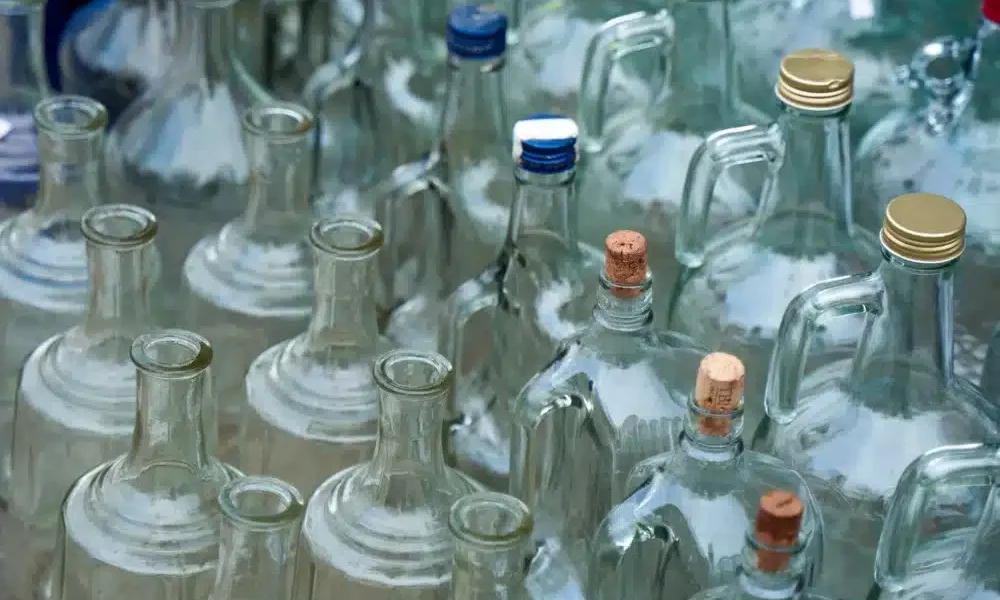
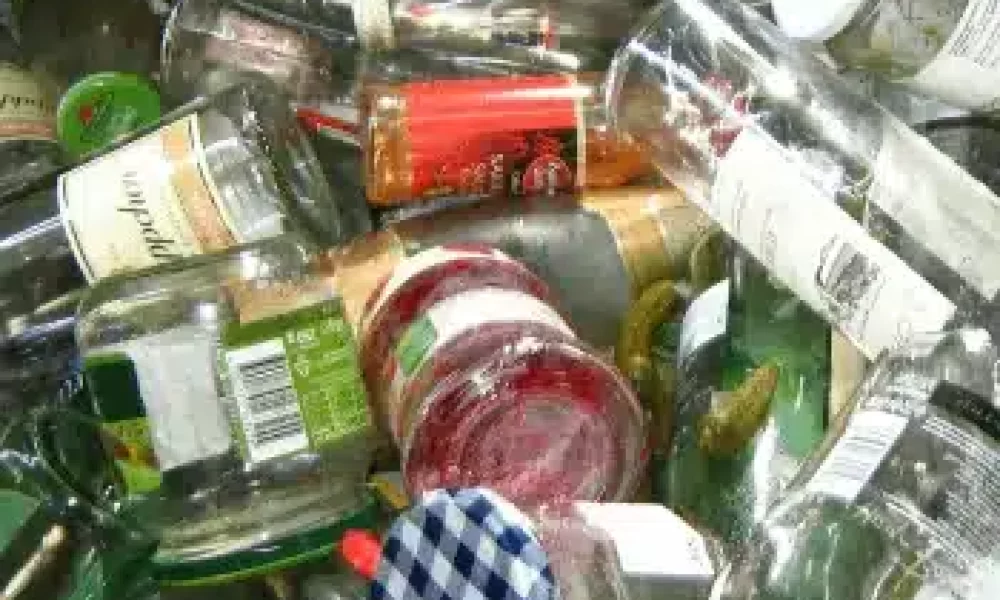
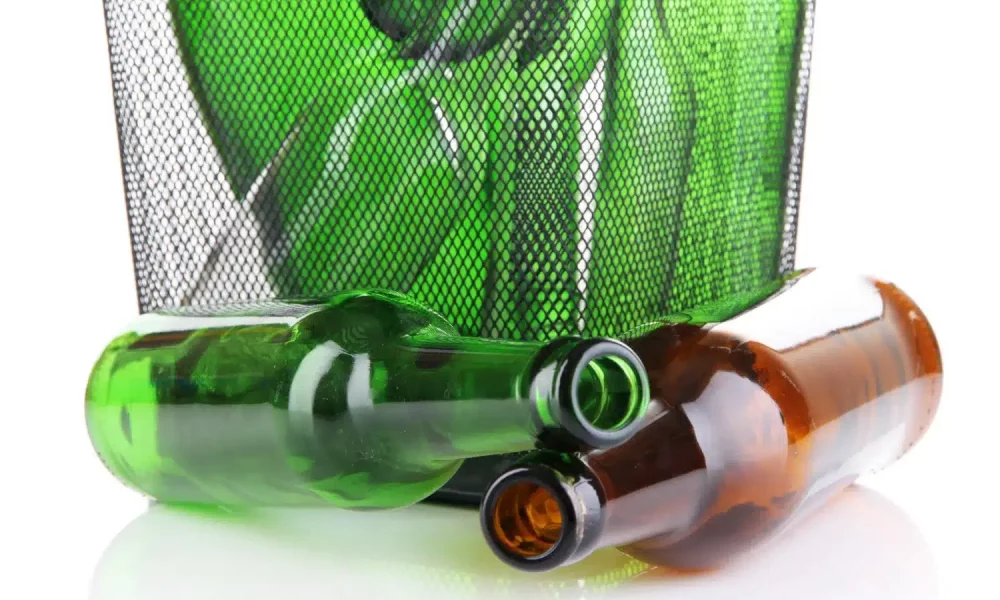
Finplast - The ideal partner for the collection of glass waste
Finplast provides efficient services for the collection and recycling of waste glass, a material that can be reused over and over again without loss of quality. By recycling, we contribute to reducing pollution, saving natural resources and lowering CO₂ emissions. By working with us, you will be part of a sustainable process and demonstrate your company's environmental responsibility.
Contact us and let's turn used glass into a reusable resource together.
